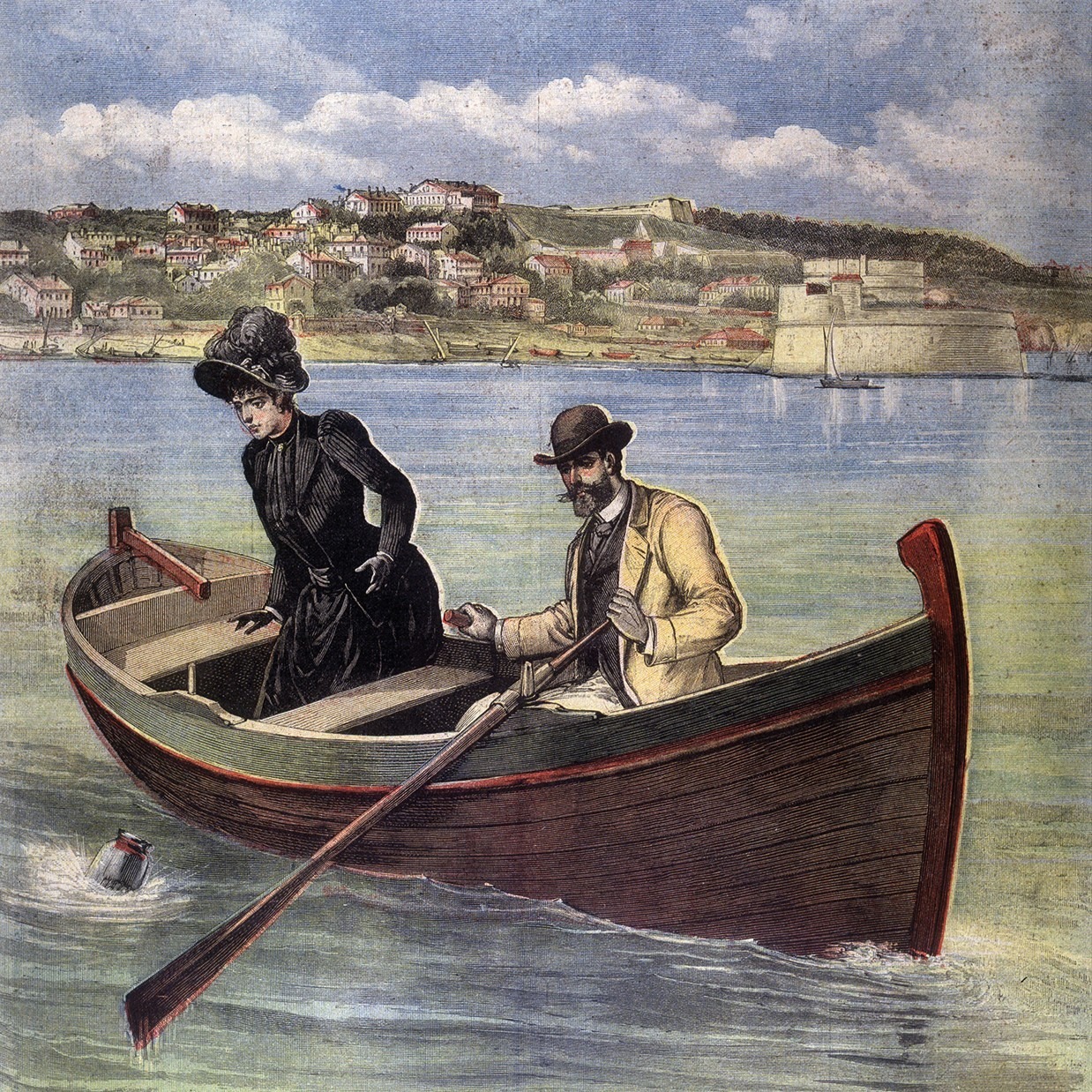
Abortion: A History (Hurst Publishers) by Mary Fissell
There is a common perception that abortion in pre-modern times was dangerous, difficult and illegal. Yet, as the American academic Mary Fissell argues in this timely volume, the story of abortion is neither simple nor linear, with both attitudes and levels of repression varying considerably over the centuries. Take the Catholic Church, for example. In the 15th century, it viewed early termination as a relatively minor sin. Attitudes hardened during the Reformation, and in 1588 Pope Sixtus V ordered anyone who had or provided an abortion to be excommunicated. But this policy was partially overturned by his successor. Only in 1869 did the Catholic Church adopt its current stance that abortion is never justified.
Concern about the rights of the unborn child is another recent development; historically, the rights of men were acknowledged to be the real priority. Roman wives who had abortions were condemned for denying their husbands heirs, and centuries later, enslaved women were accused of deliberately depriving their owners of labour and profit. Opposition was also fuelled by a desire to make women behave, with 19th-century anti-abortion campaigners fretting that feminism would encourage middle-class wives to restrict their families, leading to an America populated by “the ignorant, the low lived, and the alien”.
Yet even the strictest restrictions have not eradicated abortion. For more than two millennia, women have used effective, though potentially lethal, herbs such as penny-royal. Early modern women read about reproductive health in respectable publications such as The Ladies Dispensatory (1651), and Victorian newspapers printed discreet adverts for medicines such as “Dr Bond’s Spanish Female Monthly Pills”, which promised “immediate removal of obstructions”. Such knowledge, along with the ministrations of skilled practitioners, allowed unknowable numbers of women to terminate unwanted or unviable pregnancies.
But Fissell is careful not to romanticise pre-modern female solidarity and skill, instead foregrounding the distressing experiences of real women – including an ancient Greek sex slave made to jump until a tiny fragment fell from her vagina; a 17th-century emigrant whose married lover forced a foul-smelling pill down her throat; and an early 20th-century US teenager raped by her own father, who was denied an abortion because her life was not at risk.
In the US, matters came to a head in the mid-20th century, when moral panic made both providers and their patients fair targets for the police. Though some brave medics continued to perform abortions, Fissell describes how many women resorted to backstreet practitioners such as Beatrice J., a Baltimore housewife whose only training was the two procedures she had successfully performed on herself. Consequently, in 1950s New York, over 40 per cent of pregnancy-related deaths resulted from abortion.
By the mid-60s, public opinion was shifting, and in 1973 the Supreme Court’s verdict in Roe vs Wade legalised abortion nationwide. For several decades, it seemed that the battle for reproductive freedom had been won. But since 2022, when the Dobbs ruling overturned this landmark judgement, many states have banned or restricted access to abortion – and the subject has become increasingly politically charged in many other countries, including the UK.
History, Fissell argues, offers hope: attitudes to abortion have changed in the past, and they will surely change again. In the meantime, Abortion: A History offers not just an engaging and thoroughly researched study of a much-contested medical procedure, but a powerful case for the importance of safe, effective and legal abortion.
This article is from New Humanist’s Autumn 2025 issue. Subscribe now.

